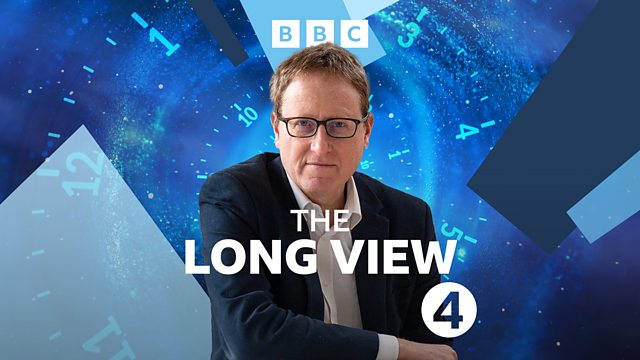Removing and Replacing Prime Ministers
Jonathan Freedland considers moments in history when the Conservative Party has removed a prime minister and sought a new figure to lead the United Kingdom.
In this edition of The Long View Jonathan Freedland finds historical comparisons to the current Tory leadership contest, considering moments in history when the Conservative Party has removed a prime minister and sought a new figure for Number 10.
He is first joined by Professor Laura Beers to discuss the removal of David Lloyd George in October 1922. Lloyd George, a Liberal, had led a War Time Coalition consisting of majority Conservative MPs. A charismatic figure, Lloyd George had a reputation as an innovator and a doer, but his time as PM was also plagued by scandal. Unhappy with the PMs economics, his foreign policy and his reputation, Conservative MPs met at the Carlton Club to decide whether to abandon the coalition and oust Lloyd George. Some of the loudest criticisms came from rising star and future PM, Stanley Baldwin who described Lloyd George as a 'dynamic force'.
Fast forward 40 years to 1963 and the Party is once again seeing a change of leader. This time after Harold Macmillan decides to resign on the eve of the Tory Conference, citing ill health. The non-democratic 'soundings' procedure, run by the party elite, settles on Alec Douglas-Βι¶ΉΤΌΕΔ to be leader, refusing to back any of the favourites. The choice causes controversy and will have a lasting impact on how future leaders of the party are selected.
Presented by Jonathan Freedland
Produced by Sam Peach
Readings by David Hounslow
Last on
More episodes
Broadcasts
- Tue 12 Jul 2022 09:00Βι¶ΉΤΌΕΔ Radio 4
- Tue 12 Jul 2022 21:30Βι¶ΉΤΌΕΔ Radio 4
Podcast
-
![]()
The Long View
History series in which stories from the past shed light on current events


